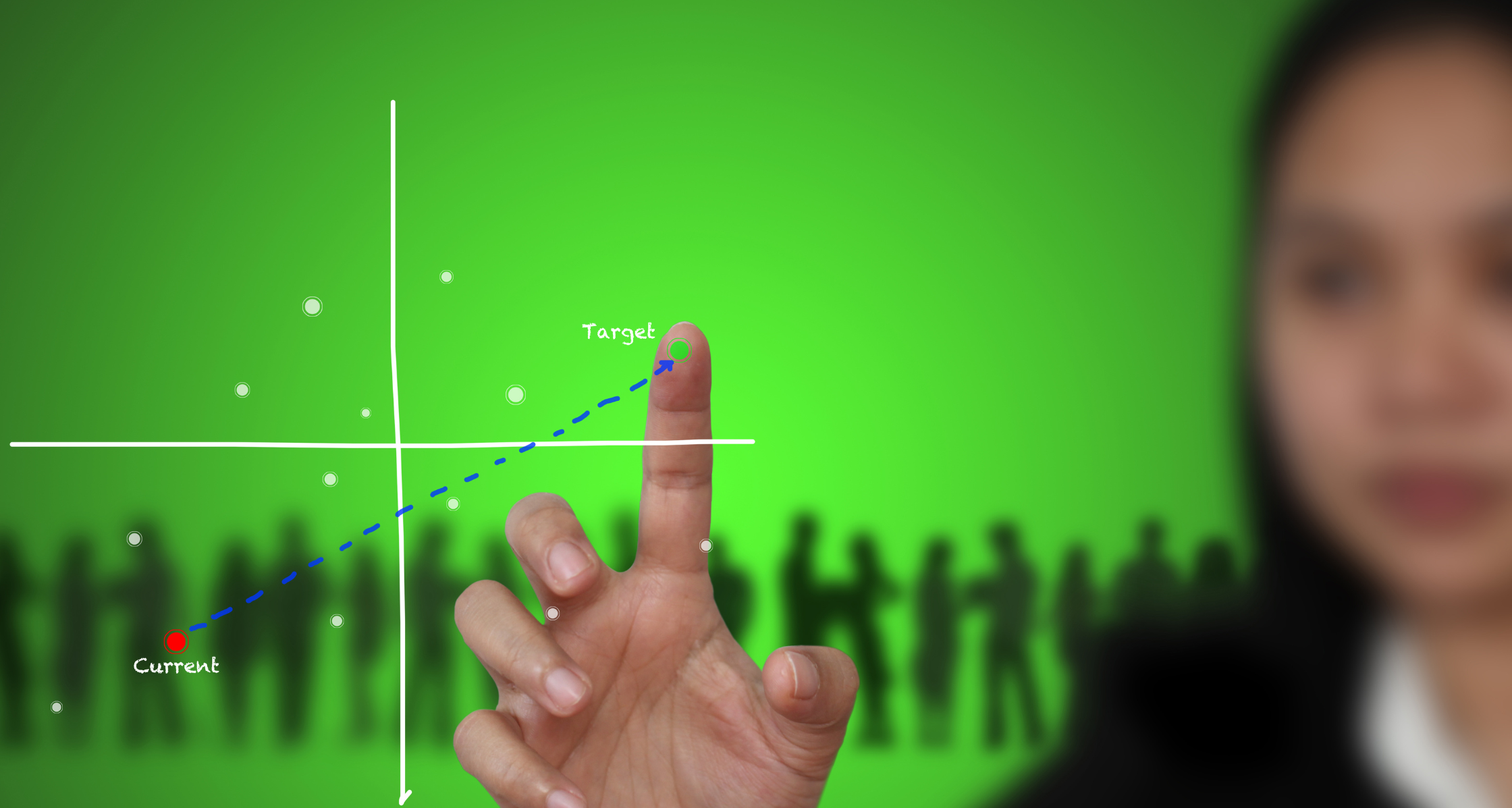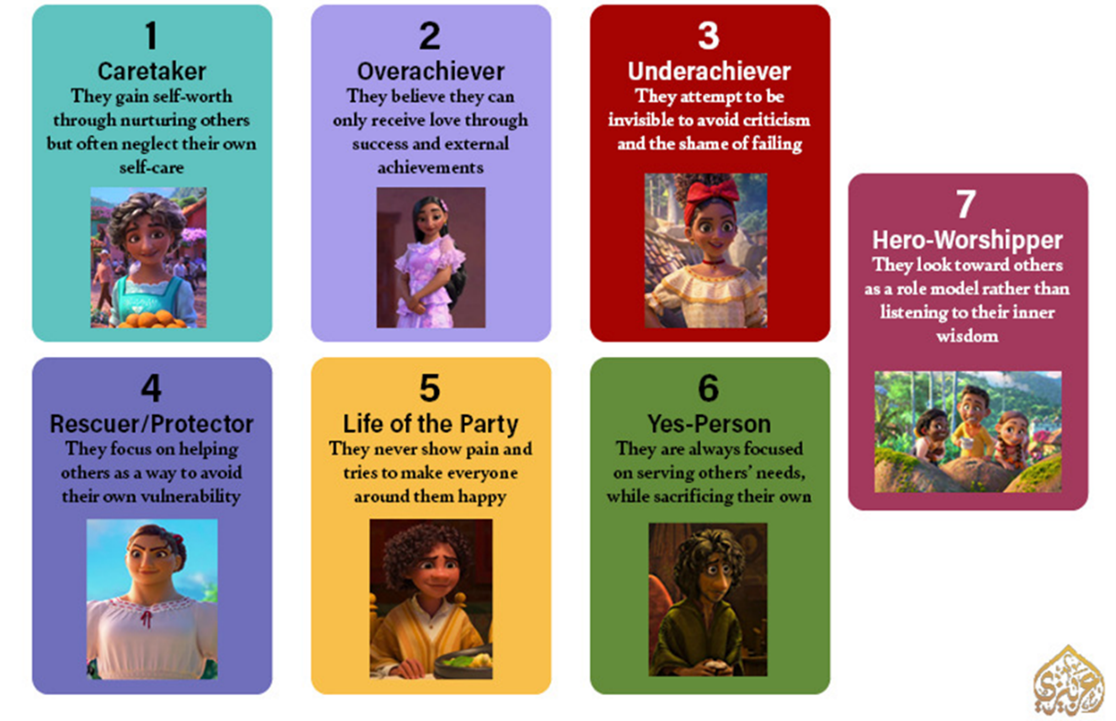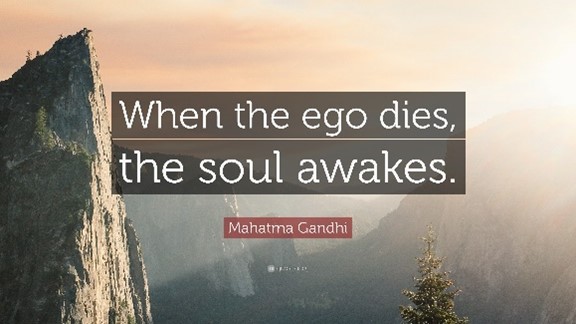In the past four weeks, I have written articles on different types of complexity (moral complexity, behavioral complexity, emotional complexity, and self-complexity), to help communicate:
- As people become more complex, they become more vertically developed
- As people become more vertically developed, they become more complex
This week, I want to share how three different artificial intelligence (AI) apps define vertical development.
Not only will this help you better understand what vertical development is, but I think it will also help you better appreciate this relationship between vertical development and complexity.
ChatGPT
Vertical development refers to the growth and expansion of an individual’s mindset, values, and capabilities. It involves the development of more complex ways of thinking and perceiving the world, as well as the capacity to manage increasingly complex situations and challenges.
Vertical development differs from horizontal development, which involves the acquisition of new skills or knowledge within the same level of complexity. Vertical development, on the other hand, involves moving to a higher level of complexity, which requires a fundamental shift in one’s way of thinking and relating to the world.
Examples of vertical development include the ability to think in more abstract and systemic ways, to handle greater levels of ambiguity and uncertainty, to embrace paradoxes and contradictions, and to navigate more complex social and emotional dynamics.
Vertical development is often facilitated through intentional personal growth efforts such as coaching, mentoring, and developmental programs.
Perplexity
Vertical development is a type of talent development that focuses on developing more complex and sophisticated ways of thinking, greater wisdom, and clearer insights. It is called vertical development because it is based on levels or stages of thinking. Vertical development is about expanding one’s mindset and changing the way they think and behave. It refers to the advancement in a person’s thinking capability, which results in the ability to think in more complex ways. Vertical development is about developing the mindset, mental models, and identity of the leader. Horizontal development, on the other hand, focuses on expertise, while vertical development helps put that knowledge into practice.
Bard
Vertical development is a type of personal development that focuses on expanding a person’s mindset and mental models. It is about developing the ability to think in more complex, systemic, strategic, and interdependent ways. Vertical development is often contrasted with horizontal development, which is about acquiring new knowledge, skills, and competencies.
There are a number of different ways to achieve vertical development. Some common approaches include:
- Challenging your assumptions and beliefs. One of the most important aspects of vertical development is challenging your assumptions and beliefs about the world. This can be done by exposing yourself to new ideas and perspectives, and by reflecting on your own experiences.
- Learning from failure. Failure is a natural part of life, and it can be a valuable source of learning. When you fail, take the time to reflect on what went wrong and what you can learn from the experience. This will help you to develop a more resilient and adaptable mindset.
- Seeking out feedback. Feedback from others can be a valuable source of information about your strengths and weaknesses. Ask for feedback from your peers, your manager, and your customers. This will help you to identify areas where you can improve.
- Taking on new challenges. Stepping outside of your comfort zone and taking on new challenges can help you to grow and develop. When you face new challenges, you are forced to learn and adapt. This can lead to a more complex and sophisticated way of thinking.
Vertical development is an ongoing process that takes time and effort. However, it can be a rewarding experience that can lead to greater personal and professional success.
Here are some of the benefits of vertical development:
- Increased self-awareness
- Improved critical thinking skills
- Enhanced creativity and problem-solving abilities
- Greater resilience and adaptability
- Stronger leadership skills
- Improved communication and interpersonal skills
- Greater sense of purpose and meaning in life
If you are looking to develop your personal and professional potential, vertical development is a valuable approach. By challenging your assumptions, learning from failure, seeking out feedback, and taking on new challenges, you can develop a more complex and sophisticated way of thinking that will lead to greater success.
Comment below
In the comments below, comment on how these definitions helped you better understand what vertical development is.











4 Responses
While I appreciate the insights from generative IA, I also find that there isn’t really anything new from the invaluable vertical development teachings that Ryan has been offering.
Thanks for letting me know!
Ryan, I find it interesting and a bit perplexing that as these articles seek to differentiate vertical development from horizontal development, the whole thing becomes a blur. Bard comments that, “By challenging your assumptions, learning from failure, seeking out feedback, and taking on new challenges, you can develop a more complex and sophisticated way of thinking that will lead to greater success.” However, the four actions outlined are, indeed, applicable to both vertical and horizontal development. The differentiator here could be moving to more complex and sophisticated ways of thinking. This leads to the need to contemplate and define less complex and less sophisticated vs. more complex and more sophisticated ways of thinking. Where is the tipping point? What is the standard? What is the ideal level of complexity and sophistication? Who sets that standard or ideal? If it is established by humans, who has the right to set the standard and judge different individuals’ levels of complexity and sophistication? How does all this relate to the wisdom that Solomon discusses so extensively in his book of Proverbs?
Douglas, thank you for your comment and questions.
If you are willing to indulge me, I have a question for you. What are the purpose and motives of your questioning? That might help me better respond to your questions in a manner that will be most helpful for you.
But, here is a thought…
I believe that our environments set our need for vertical development. What we are seeing is that the world around us is rising in complexity. When the complexity of our world exceeds our ability to navigate that complexity, we, our well being, and those around us suffer because we make suboptimal decisions that may protect us in the moment, but have collateral damage for others or in the long term.
Thus, if we want to effectively navigate life and leadership, we need to vertically development, and in so doing elevate our ability to navigate complexity.